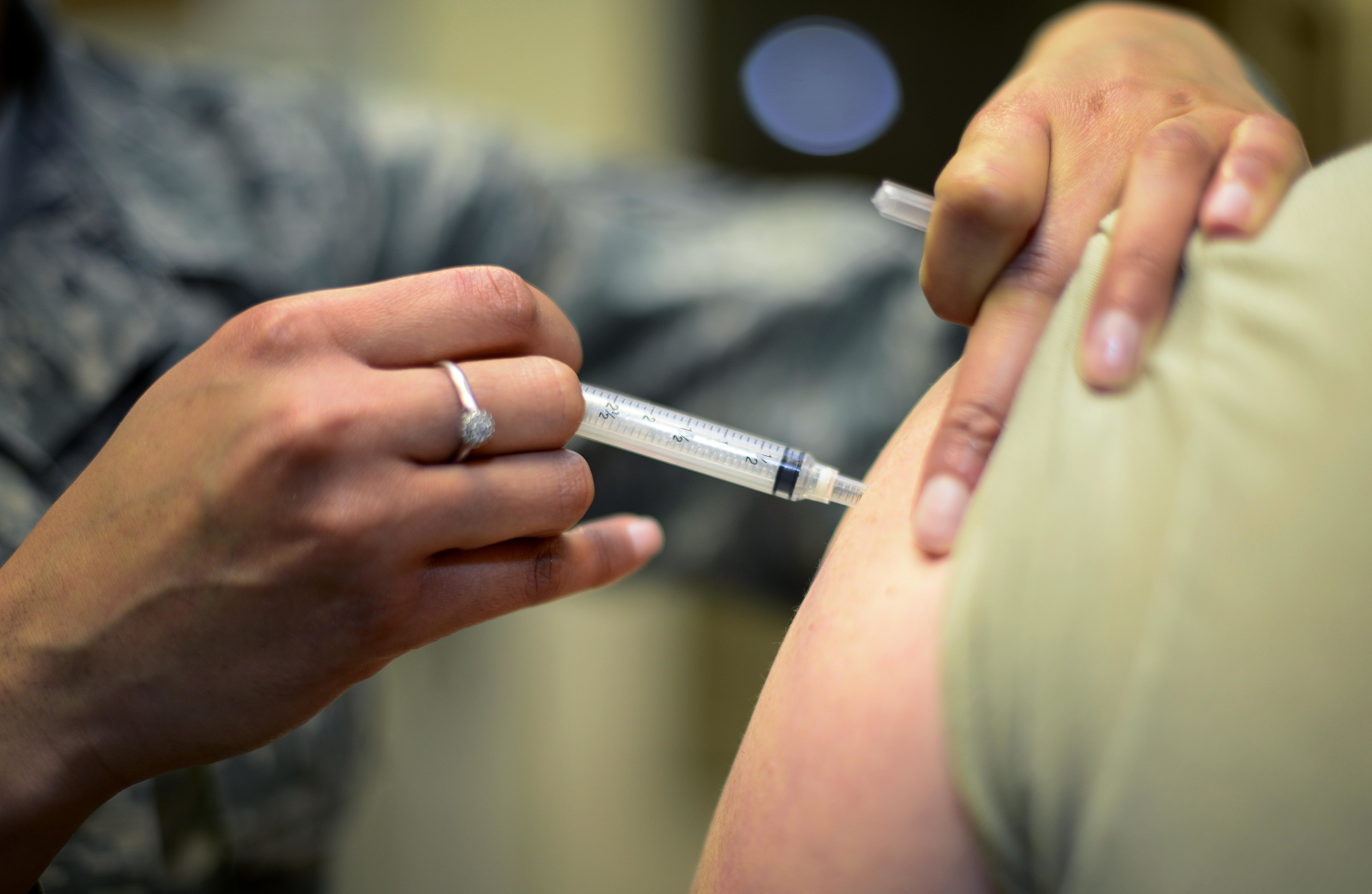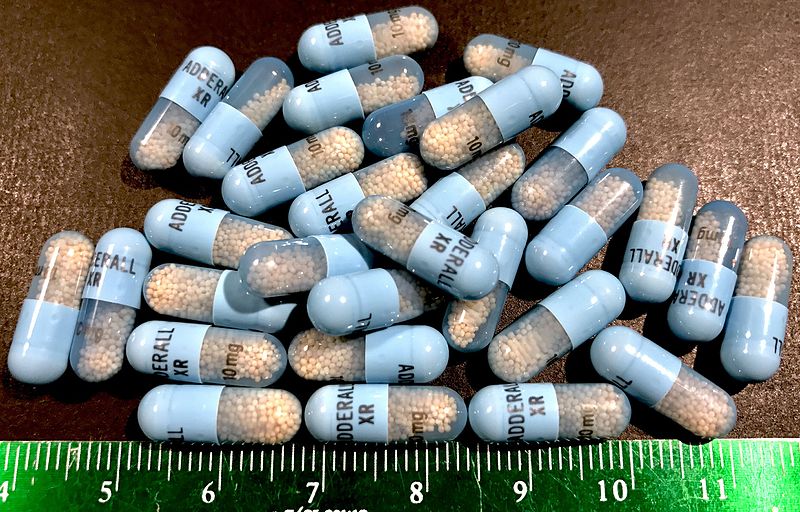Throughout history, medical innovations and advancements have drastically improved human survival rates and standard of living. A prominent discovery vaccines, which effectively make us immune against widespread deadly diseases of the past. However, the potential effects of vaccines has recently been under scrutiny, giving rise to “vaccine hesitancy”. The question arises, is there sufficient evidence to suggest that vaccines are dangerous?
Vaccines: A Short Overview
A vaccine is a substance that works to give you immunity to a specific disease. In short, they give your body the blueprints of how to fight a disease, without actually contracting the disease. Thus, vaccines are a precautionary measure to reduce the chance that the disease will cause you harm.
This video above gives a great explanation of how vaccines work
Source: Vaccine Knowledge Project
URL: https://www.youtube.com/watch?time_continue=86&v=-muIoWofsCE
Pros of Vaccines
Since the introduction of vaccines, the devastating effect of diseases has been reduced to a near null. Although some diseases continue to live on (e.g. measles), many have been completely eradicated (e.g. smallpox). The World Health Organization (WHO) estimates that vaccines prevent 2-3 million deaths per year, and describes it as one of the most cost-effective healthcare strategies.
Cons of Vaccines
There are some potential down sides to getting vaccinated. For example, vaccines can cause unwanted side effects, such as mild to high fever, and even death in extremely rare cases. However, these negative aspects are insignificant compared to the massively beneficial impact of vaccines.

The picture above depicts a child receiving a vaccine after a typhoon in the Philippines URL: https://fr.m.wikipedia.org/wiki/Fichier:Providing_vaccinations_to_protect_against_disease_after_Typhoon_Haiyan_(11352296333).jpg
Vaccine hesitancy: Rooted in Pseudo-science
Despite the resoundingly positive effect of vaccines, there is widespread ideology known as “vaccine hesitancy”. This term depicts the tendency for people to delay or refuse receiving vaccinations due to safety concerns. According to the WHO, vaccine hesitancy movement is in the top ten global health threats of 2019. The main root of safety concern stems from a collection of small studies carried out in the 1990s. One study in particular claimed that there was a causation between the measles vaccine and the development of autism, however no future studies have found these results. This lone study continues to be referenced today to claim that vaccines will lead to autism.
The Real Effects of Fake Science
The result is simple, less people, specifically children, are getting vaccinated, which leads to some serious issues. For example, there is currently a measles outbreak in Vancouver due to insufficient immunization. This is not surprising. Since measles still exists in other places of the world, it can easily be brought here via plane-ride and latch on to someone who is not immune to it, leading to an outbreak.

This photo shows a vaccine being injected to a patient’s shoulder URL: https://www.laughlin.af.mil/News/Art/igphoto/2001819271/
Vaccinate you and your kids!
Although vaccinations are ultimately a choice made by each individual, it is important to consider the potential consequences of not getting vaccinated, to yourself, and to your fellow community.
Written by: Juan Gomez


